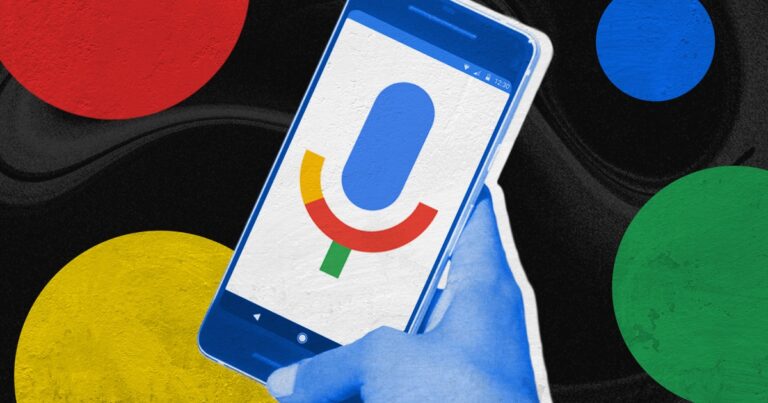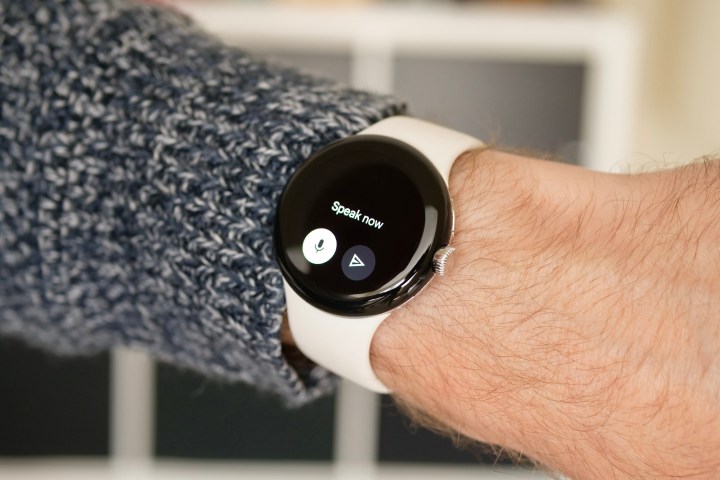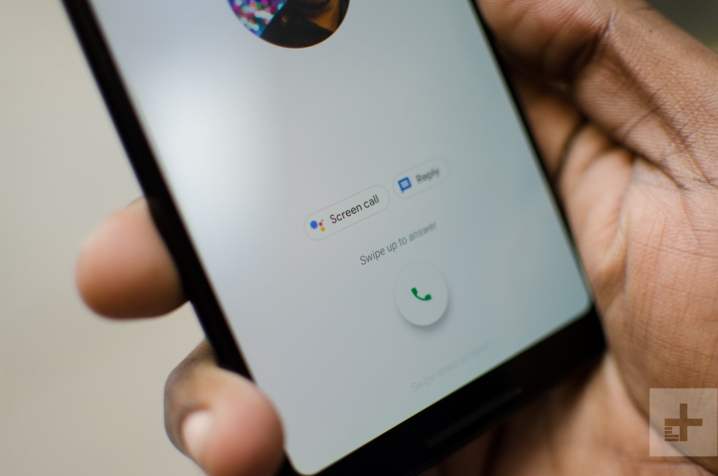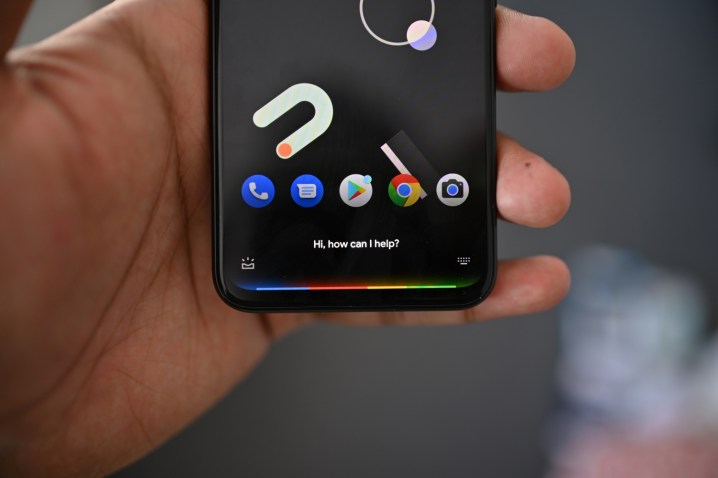
AI digital assistants and chatbots (like ChatGPT) are huge now, and there are more than a few to choose from. If you, like many Android phone owners, have a Samsung device, then you have the choice between two AI assistants: the Google-backed Google Assistant and Samsung’s Bixby.
What are the differences between the two assistants, and which one is better for you? Is Bixby better than Google Assistant, or should you go all-in with Google’s AI? We compared Bixby and the Google Assistant to find out.
Bixby vs. Google Assistant: device integration

Google Assistant is available on all Google Nest and Home products, including Android TVs, lights, security cams, speakers, and more. Google Assistant is also available on Android Auto, so you can use the virtual assistant to execute commands when you’re driving. Google Assistant is available on other brands’ smart devices too, so you can use Google’s voice assistant on Lenovo’s Smart Home System. You’ll also find it in all of the best Android phones, but did you know you can also download and use it on Apple iPhones as well?
Samsung’s Bixby, on the other hand, is limited to Samsung devices, like the Galaxy S23 Ultra. It’s also limited to only being able to control other devices via the SmartThings app, rather than having native support. It’s not necessarily a bad thing, but it is more restricted. However, full functionality of Bixby is limited to newer devices, so unlike Google Assistant, which tends to be available to older devices, you’ll need to keep upgrading to get the most out of Bixby.
This won’t matter much for users who’ve been using Samsung devices for years and want to continue investing in new Samsung products, but if you live with people using different Android devices, Google Assistant might be a better option for smoother integration across devices.
The winner is pretty clear here. Google Assistant is available on a lot more devices, including Apple iPhones, and helps you to create a comprehensive system for convenient use.
Winner: Google Assistant
Bixby vs. Google Assistant: performance and accessibility

Both assistants have hotword activation. Google Assistant can be summoned with “OK Google” or “Hey Google,” while Bixby starts up with a “Hey Bixby.” You can also access both digital assistants using the power button on your Android phone or setting a hotkey/shortcut to open the voice service with a single touch or swipe. The Google Assistant does have the advantage of being available on more devices, so you’re more likely to be near a device that can help you when you speak.
Bixby is newer than the Google Assistant — but that isn’t always a good thing. Google Assistant is quick to respond and has a lot of extra functionality thanks to its longer time on the market. It also integrates better with third-party apps like WhatsApp, so you have an easier time getting tasks done hands-free. Bixby offers similar functions, but as it’s tied into Samsung, it tends to be better at phone-related tasks like changing Bluetooth settings, optimizing the device (by clearing trash), or delivering news. However, this is also something the Google Assistant can manage, though it does require some additional setup.
Google’s strength is online searching, so it’s unsurprising that searches are also better on Google Assistant. You can perform online searches on Bixby too, but the results aren’t generally as good as Google Assistant.
Both assistants are easy to summon and can help to control your phone as well — though Bixby has a slightly easier time doing it, due to it being used exclusively on Samsung phones. However, the Google Assistant’s better search abilities and sleeker functionality give it the win here.
Winner: Google Assistant
Bixby vs. Google Assistant: features

The features are the bread-and-butter of any digital assistant, and we’re pleased to report that both Bixby and the Google Assistant have toms of them to use. Bixby has a good amount of features on offer, and these are broadly split into three categories: Bixby Voice, Bixby Vision, and Modes & Routines. Bixby Voice is the “default” mode you’d expect from a voice assistant, and you can ask it basic questions about the weather, your schedule, or most other general knowledge topics. The real power of Bixby Voice lies in its device integration, though. Once set up, you can ask Bixby to make phone calls, read messages aloud, change settings, upload images to social media, or even rate your Uber driver.
Bixby Vision is the Google Lens of Bixby, and can identify objects or animals you point it at. It’ll also find shopping results for items, supply estimated calorie counts for foods, or find nearby attractions you may want to visit. Modes & Routines is an “if this, then that” engine, similar to Siri Shortcuts or the IFTTT app. So if you put on the same playlist after getting in from work every day, you can ask Bixby to turn on that Spotify playlist whenever you enter your home after a certain time on certain days.
Google Assistant has all of these features as well, under the Google Lens and Assistant Routines umbrellas, plus lots more. Google has leaned heavily into more advanced uses of the Assistant’s voice, and if you have a Pixel, you can use the Assistant to screen your calls, hold your place in a phone queue, or even transcribe a voice message. It’s a tremendous piece of AI engineering, and we’re always eager to know what else Google has up its sleeve for Google Assistant.
Once again, the Google Assistant takes this. It can do everything Bixby can, and much more.
Winner: Google Assistant
Bixby vs. Google Assistant: supported languages

The Google Assistant supports more than 40 languages, and you can even set it up to understand two languages at once — perfect for any bilingual households. Bixby only supports nine languages, but it does have a bilingual mode as well.
There’s a clear winner here. While Bixby is available in some of the more popular languages in the world, the Google Assistant’s much wider language base means it runs away with this category.
Winner: Google Assistant
Final winner: Google Assistant

Google Assistant is the clear winner here. It’s available on way more devices, supports many more languages, and offers unparalleled voice search. But Bixby isn’t all bad. Bixby offers great functionality for newer Samsung devices and executes offline and phone-based commands quite well.
We recommend giving both services a try. If both seem decent, use them together (yes, it’s possible). If having two assistants seems like overkill, pick the one you use more often. They’re just tools, after all. Use them based on what works best for you — but in our opinion, the Google Assistant is the better of the two.